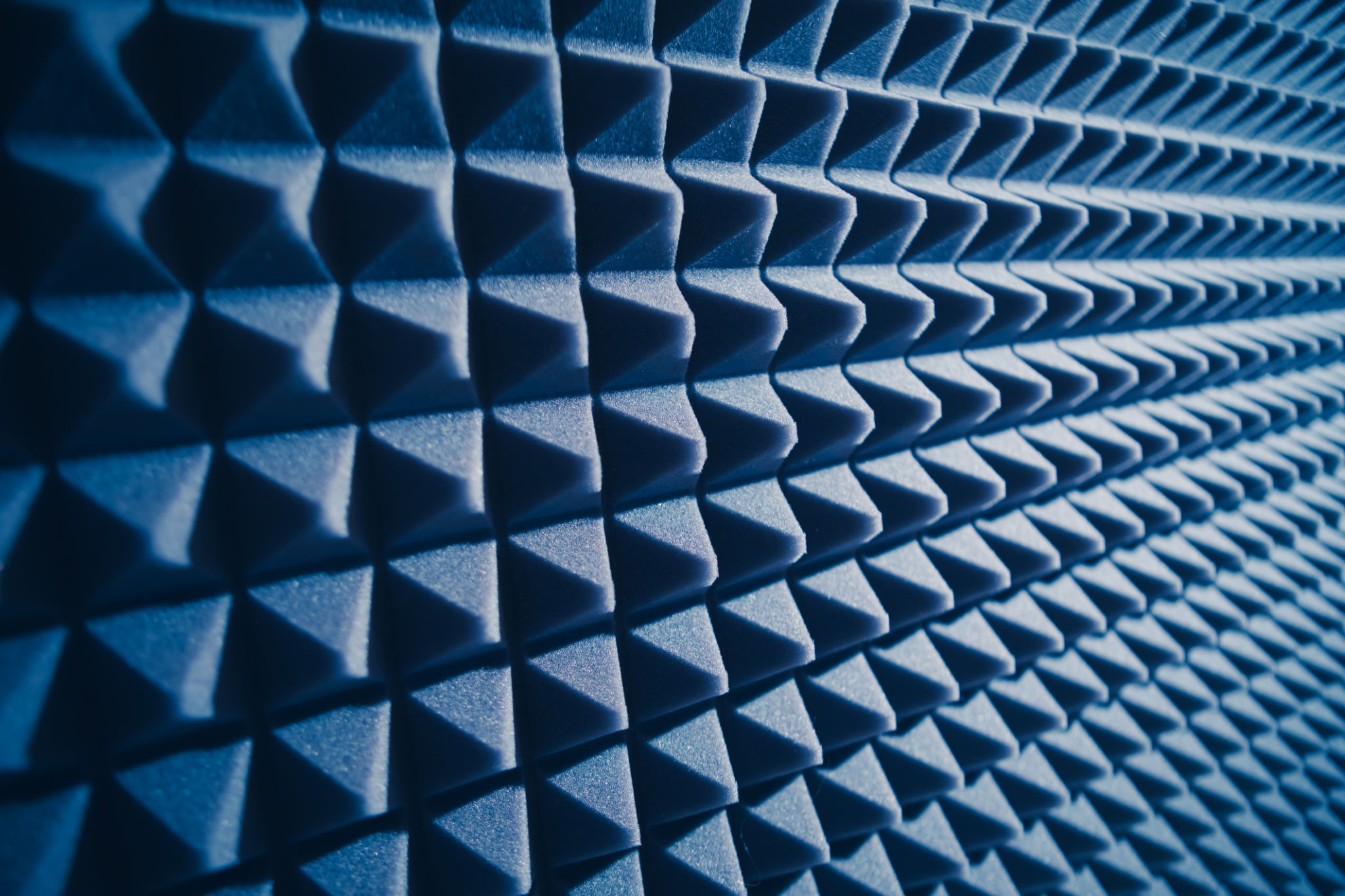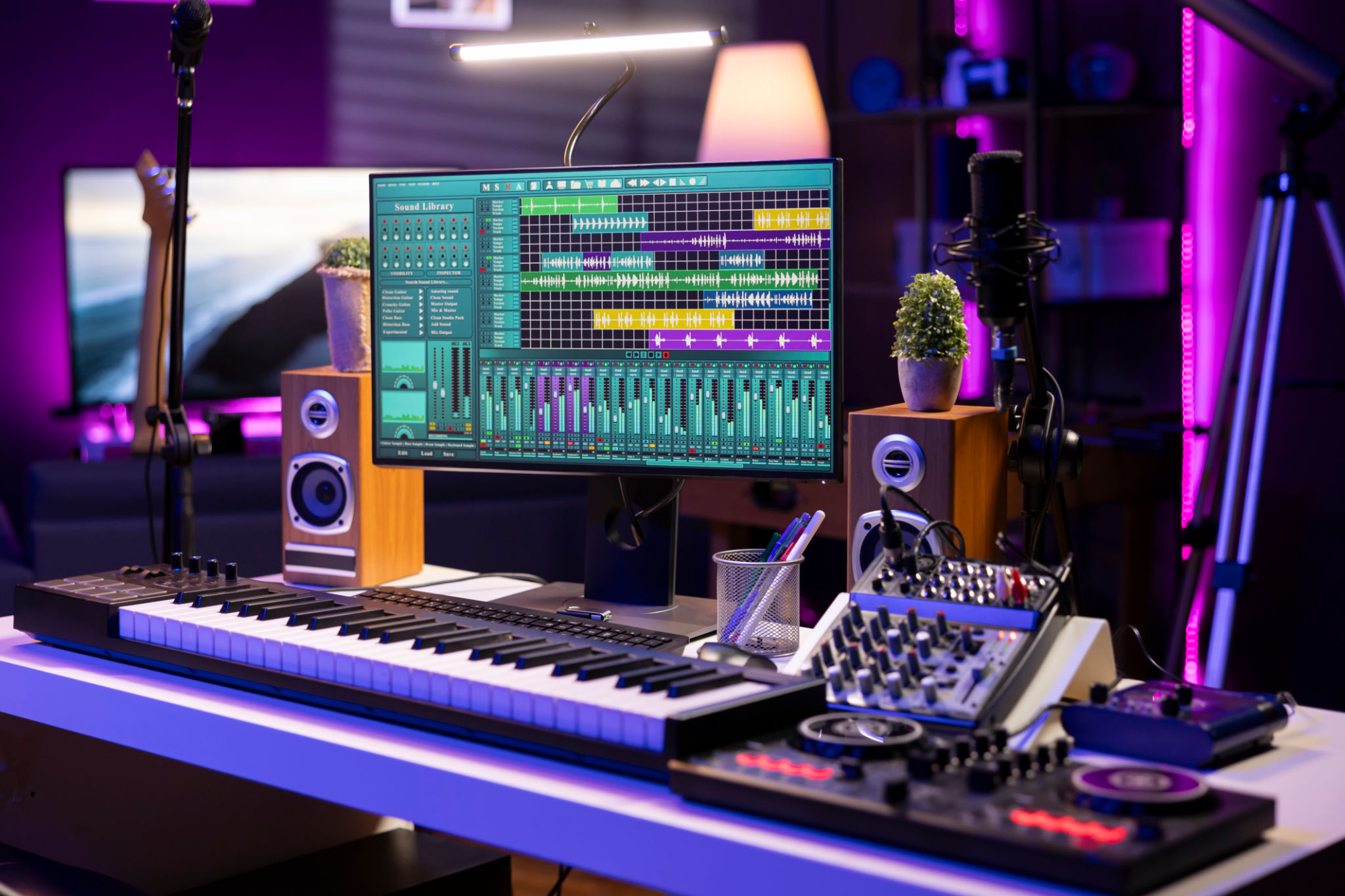Top Audio Mastering Tips for Indie Artists in Barcelona
Understanding the Basics of Audio Mastering
For indie artists in Barcelona, mastering your music is the final polish that can transform a good track into a great one. It's the last step before your music reaches the ears of your audience. Mastering ensures your tracks sound consistent and professional across all platforms and devices. This step is crucial for establishing your sound identity and ensuring your music competes with industry standards.
Mastering involves adjusting levels, equalization, compression, and other audio enhancements. It's about finding that perfect balance and clarity in your tracks. If you're new to mastering, consider starting with the basics: understanding what each tool does and how it affects your sound.

Utilizing Professional Tools
Access to high-quality mastering tools can make a significant difference in the outcome of your music. While there are numerous plugins available, investing in a few professional-grade tools can elevate your sound. Popular options among indie artists include iZotope's Ozone and FabFilter's Pro-Q3 for their intuitive interfaces and powerful capabilities.
Experimentation is key. Each track is unique, and what works for one may not work for another. Spend time learning each tool and how it contributes to the overall sound of your track. This knowledge will empower you to make informed decisions that enhance your music.
Reference Tracks are Your Best Friends
Using reference tracks is a powerful way to ensure your music aligns with industry standards. Choose tracks that you admire or that are similar in genre to your own. Listen critically to understand their dynamics, tonal balance, and overall loudness. This practice will provide a benchmark for your mastering process.

When using reference tracks, it's important to maintain objectivity. Analyze what makes these tracks stand out and apply similar techniques to your own music without compromising your unique sound. This method can greatly improve the consistency and quality of your mastered tracks.
Consistent Listening Environment
A consistent listening environment is crucial for effective mastering. Ensure your studio or workspace has minimal acoustic interference. Consider investing in quality monitors and headphones to accurately hear how your music sounds.
If possible, listen to your tracks in various environments—such as cars, earbuds, or different rooms—to ensure your mix translates well across different systems. This practice helps identify issues that may not be apparent in a controlled studio setting.

Understanding Loudness and Dynamics
Loudness is a critical aspect of mastering, but it shouldn't come at the cost of dynamics. Over-compressing or pushing levels too high can lead to distortion or a loss of musicality. Aim for a balanced sound that retains the emotional impact of your track while maintaining competitive loudness levels.
Focus on maintaining dynamic range by using compression strategically. Use it to enhance rather than diminish the natural ebb and flow of your music.
Finalizing Your Master
Once you've adjusted all elements to your satisfaction, it's essential to give your ears a break before finalizing the master. Taking time away from the track can offer a fresh perspective and help catch any issues you might have missed initially.
After this break, listen again with fresh ears and make any necessary tweaks. When you're confident in the final result, export your track in multiple formats to ensure compatibility across different platforms.
Mastering is an art form that requires patience, practice, and a keen ear. By following these tips, indie artists in Barcelona can produce polished tracks that showcase their talent and creativity to the world.
